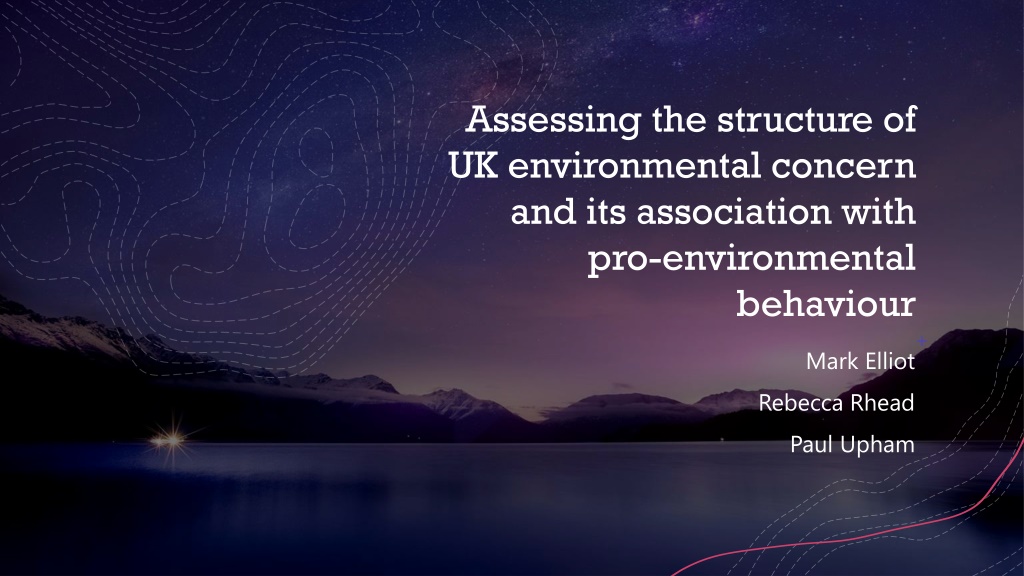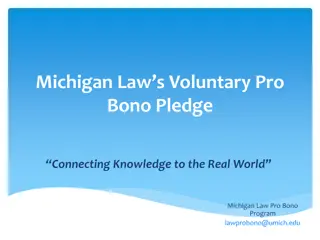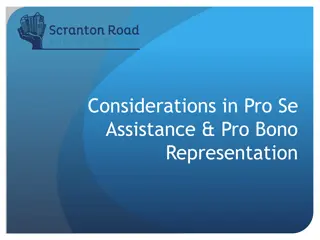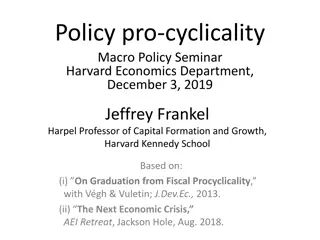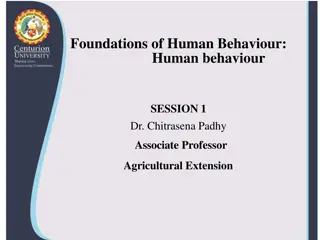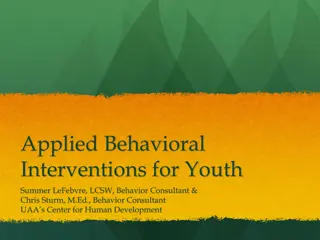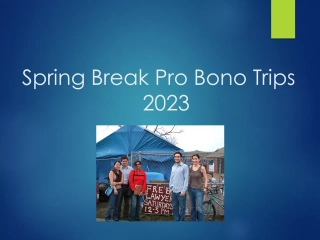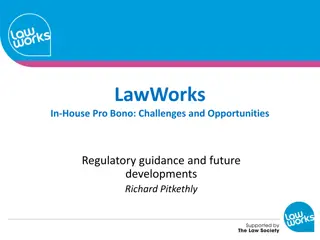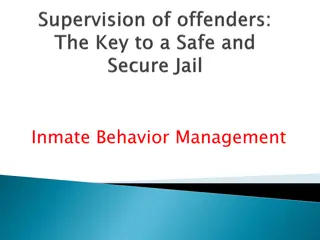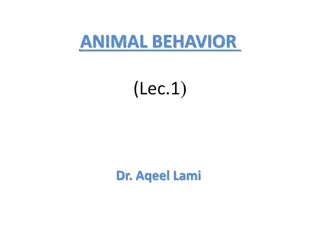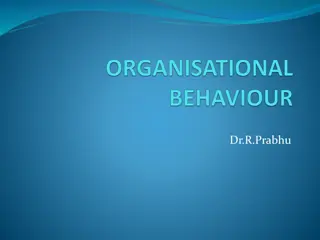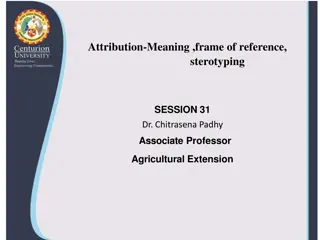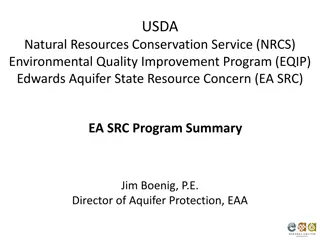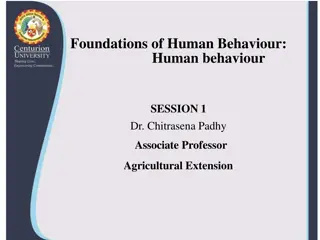Analyzing UK Environmental Concern for Pro-Environmental Behavior
The study aims to assess the structure of environmental concern in the UK and its link with pro-environmental behavior. Through a large-scale survey, it explores the emergence of familiar environmental constructs and examines the relationship between attitudes and behaviors. Data from DEFRA's Survey of Public Attitudes and Behaviors towards the Environment is utilized, focusing on 10 Likert scale questions. The research delves into the validation of prevailing theories and questions the theoretical foundation of empirical studies.
Download Presentation

Please find below an Image/Link to download the presentation.
The content on the website is provided AS IS for your information and personal use only. It may not be sold, licensed, or shared on other websites without obtaining consent from the author. Download presentation by click this link. If you encounter any issues during the download, it is possible that the publisher has removed the file from their server.
E N D
Presentation Transcript
Assessing the structure of UK environmental concern and its association with pro-environmental behaviour Mark Elliot Rebecca Rhead Paul Upham
Outline +A bit of theory +Our approach +Results +Some thoughts
+ Values Beliefs and Norms Prevailing Theory + Stern et al
Some concerns +Empirical work has largely appeared to have validated the theory +But it seems an open to question as theory and instrument are often conflated in these studies +If you use your theory to design a survey, then it s no great surprise if your theoretical structure emerges from your survey
Our RQs 1. Can and do theoretically familiar EC constructs emerge from large scale environmental attitude and behaviour survey data without the use of strict EC scales? 2. If so, are recognisable NEP/VBN components evident when using a nationally representative British sample, given the originally US basis of the above? 3. What is the value of an ontological distinction between attitudes and reported behaviours in this context? 4. How do environmental attitudes relate to behaviour in such a dataset?
Data +DEFRA's Survey of Public Attitudes and Behaviours towards the Environment +The 2009 wave of EAS is used, with a sample size of 2929 British participants.
10 Likert scale questions selected + Variable name + Major disaster + Limited resources The Earth has very limited room and resources + Crisis exaggerated The so-called environmental crisis facing humanity has been greatly exaggerated + Too far in future The effects of climate change are too far in the future to really worry me + Over-populated We are close to the limit of the number of people the earth can support + Changes to countryside I do worry about the changes to the countryside in the UK and the loss of native animal and plants. + Loss of animal species I do worry about the loss of animal species and plants in the world + Beyond control Climate change is beyond control it's too late to do anything about it + Low priority The environment is a low priority compared to other things in my life Statement If things continue on their current course, we will soon experience a major environmental disaster
Methods +Exploratory and confirmatory factor analyses used +Exploratory factor analyses +Maximum likelihood factoring +Parallel analysis used for determining factor retention +CFA followed to test the model that emerged from the EFA.
Discussion +VBN type factors to broadly emerge from the data +The three factors that that emerge throw up something else
+Rhead, R., Elliot, M. and Upham, P., 2015. Assessing the structure of UK environmental concern and its association with pro- environmental behaviour. Journal of Environmental Psychology, 43, pp.175-183. +Rhead, R., Elliot, M. and Upham, P., 2018. Using latent class analysis to produce a typology of environmental concern in the UK. Social Science Research, 74, pp.210-222. +Liu, T., Shryane, N. and Elliot, M., 2022. Attitudes to climate change risk: classification of and transitions in the UK population between 2012 and 2020. Humanities and Social Sciences Communications, 9(1), pp.1-15.
